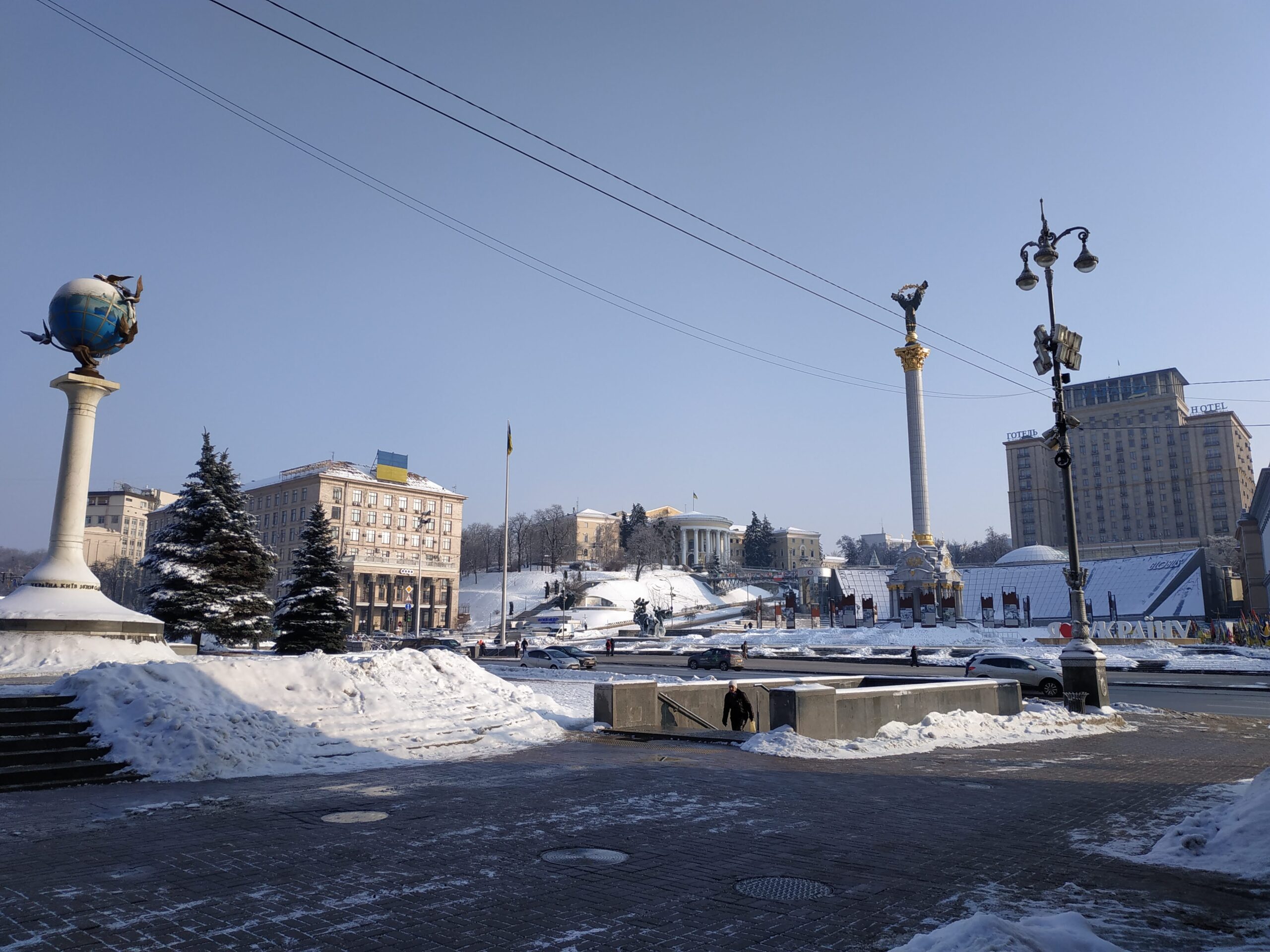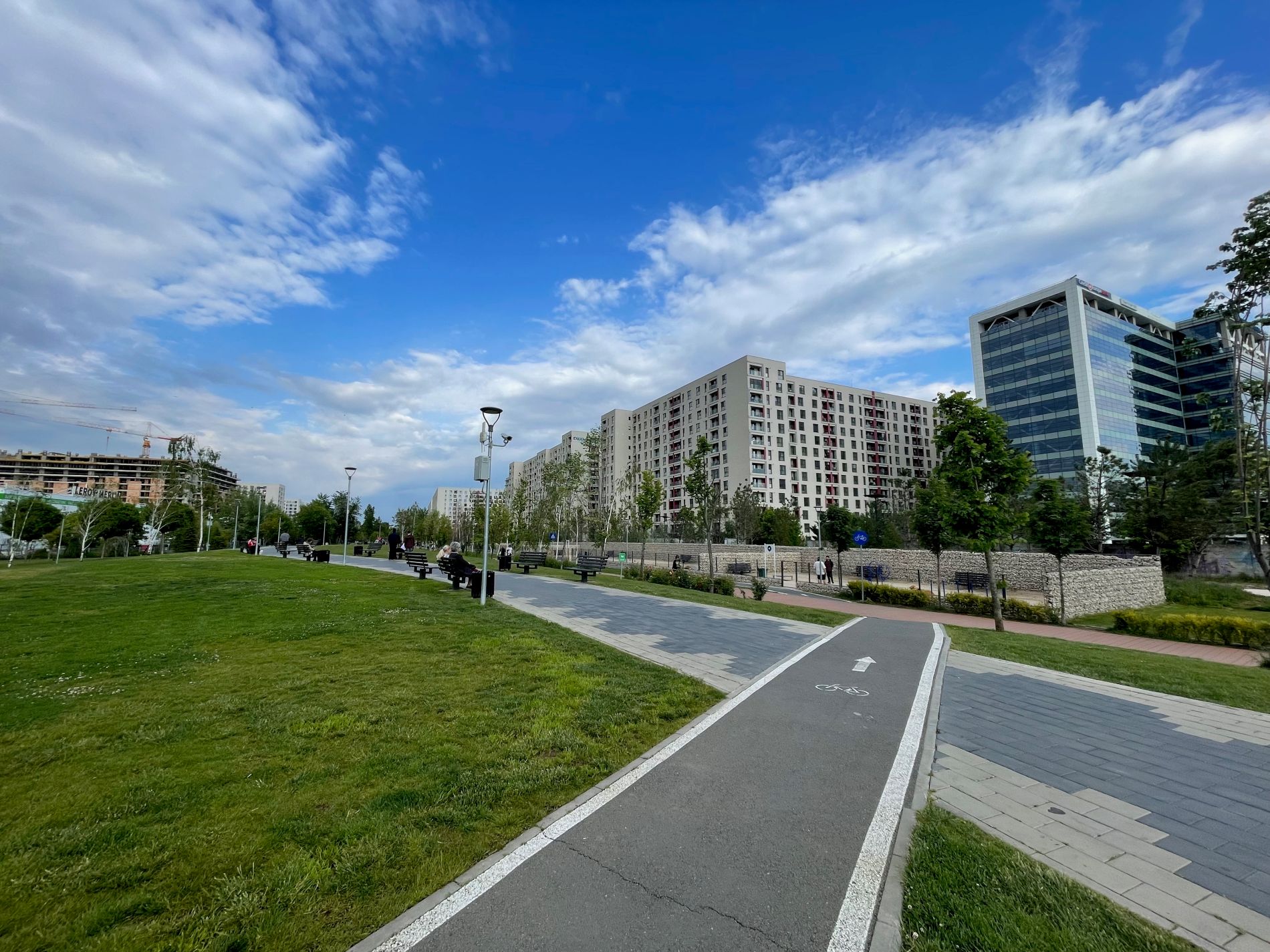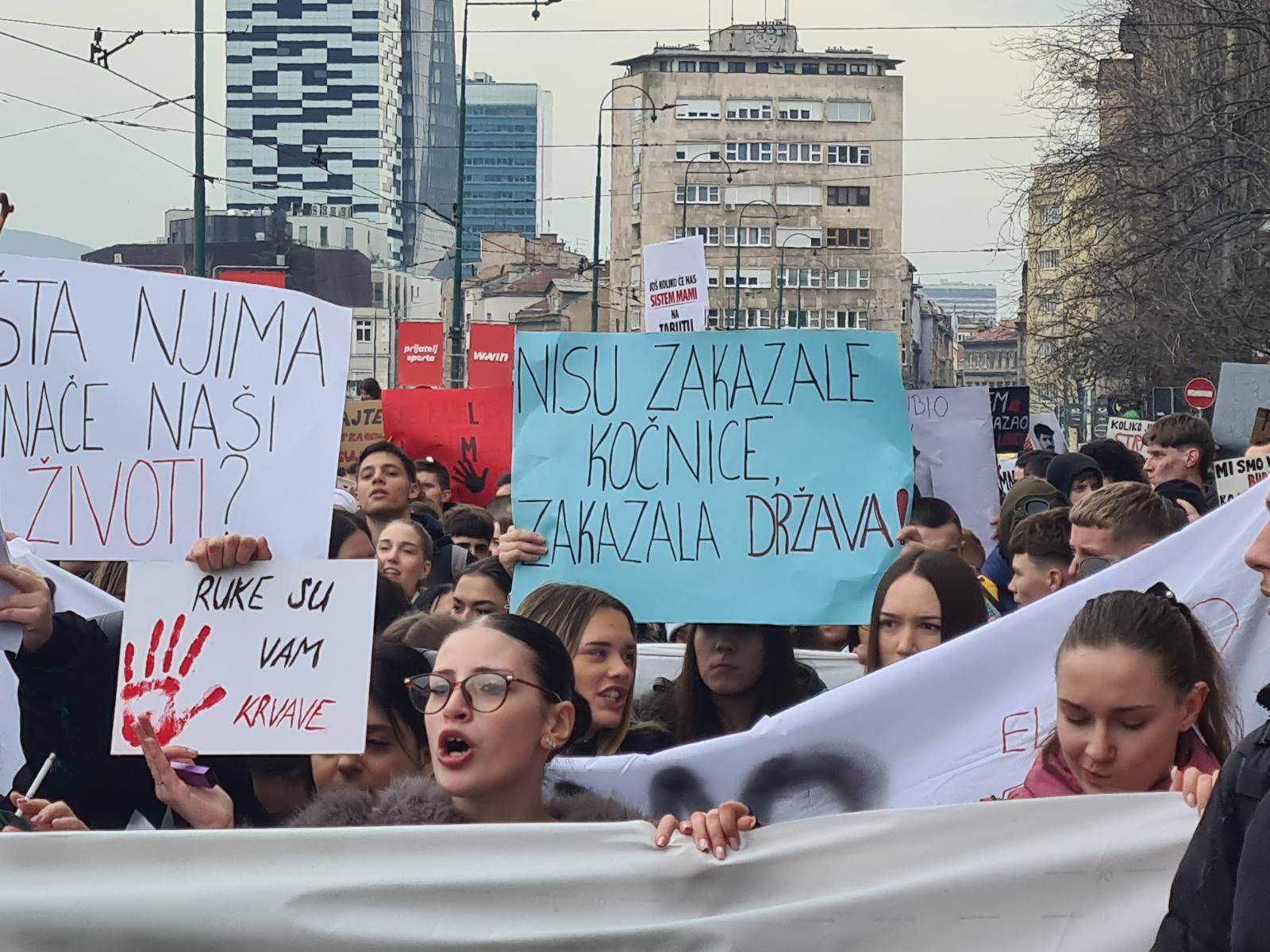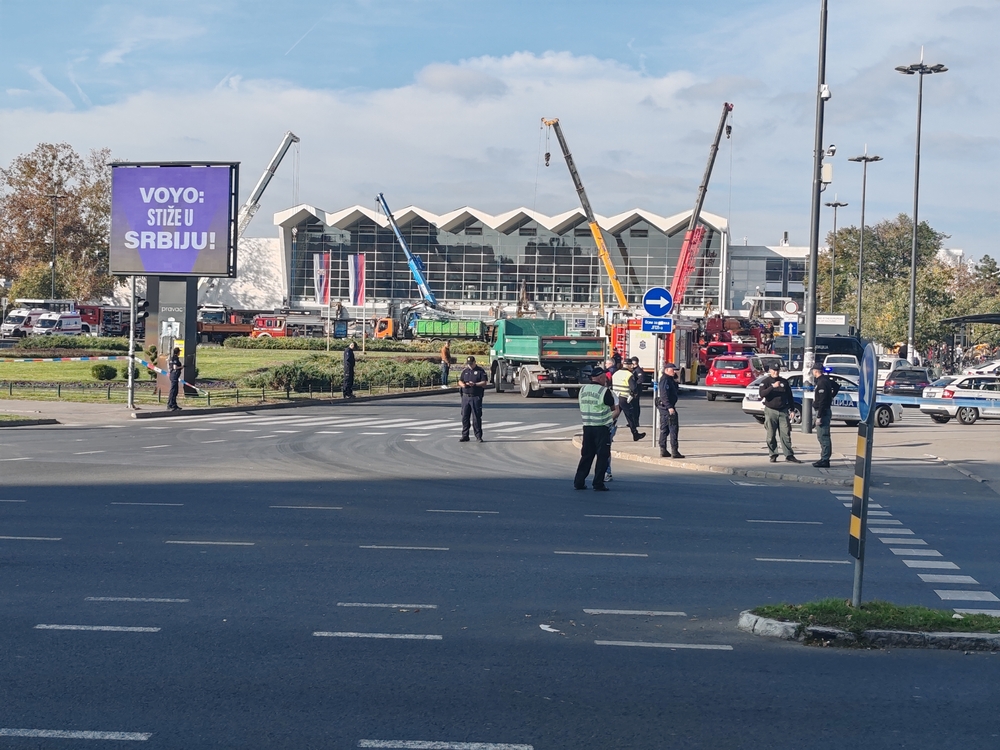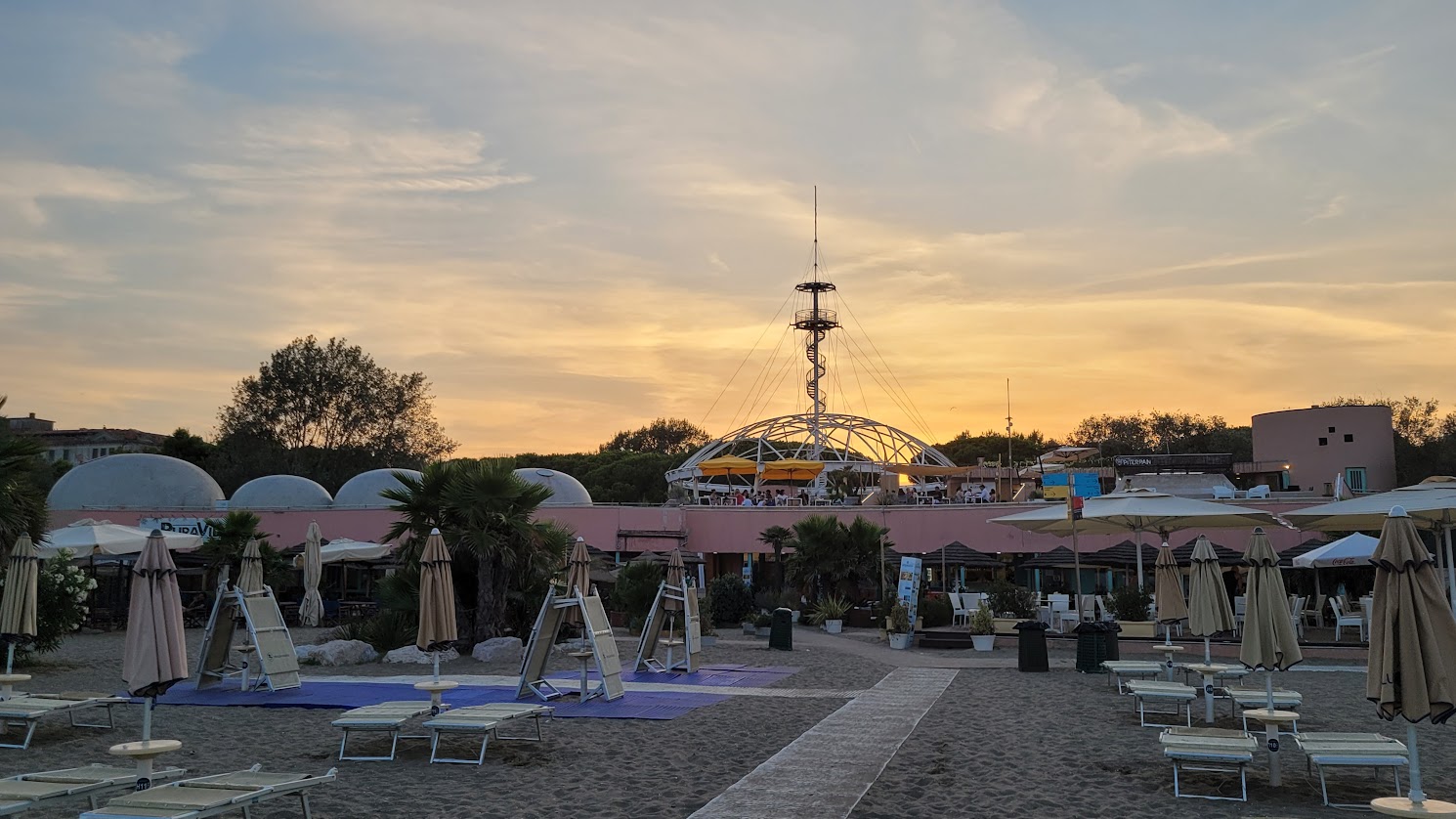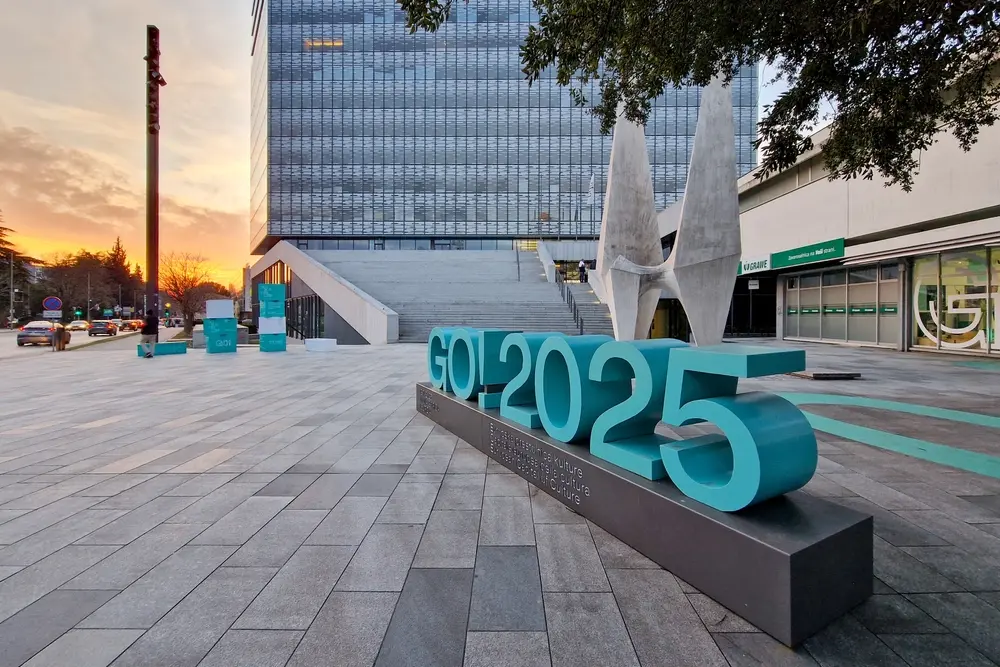Intervista con Saip Kamberi, Comitato per i diritti umani di Bujanovac
La situazione nel sud della Serbia, valle di Presevo, Medvedja e Bujanovac, zona con una popolazione mista albanese e serba, è tutt’altro che risolta. Gli accordi sottoscritti da ambo le parti nel maggio dello scorso anno, e che videro come protagonista il vice premier serbo Nejbosa Covic, accolto da parte occidentale in qualità di risolutore della crisi, non sembrano andare nella giusta direzione. Kamberi esprime i suoi dubbi e le insoddisfazioni, sia riguardo all’implementazione di tali accordi, spesso disattesa o estremamente lenta, che alle reali intenzioni di Covic
Di Radoman Iric per il settimanale Vranjske Novine, traduzione a cura dell’ufficio ICS di Belgrado
Una lentezza preoccupante
As the time passes by, and especially after 21st May and signing the Agreement of the peaceful resolution of crisis, the political process has died down completely.
Politicians, diplomats, international organizations representatives, journalists, all those who have thoroughly dealt with the crisis in the south Serbia, had to, at least once, meet and talk with Saip Kamberi, president of the Human rights Board in Bujanovac, the first NGO of this kind in the region of Pcinj. Human rights and freedoms have been in the focus of interest of this lawyer since 1995. He begun as the representative of the human rights board in Pristina, in order to, when the border to Kosovo was closed due to war, form the current human rights board with the aid of humanitarian right fund from Belgrade. By the job it does in this unstable aria, and especially by the way it does it, the Board has attracted the attention of domestic and international public, so that there is almost no serious medium in the world that has not quoted or paraphrased his statements.
Discrimination
You have many examples of violating human freedoms in the Board…
Discrimination as a form of violating human rights in this area has been especially pronounced since 1990. Until then, this problem was dealt with by the Albanian political parties. However, since the army and police forces from Kosovo have been stationed here, also some forms of repression over local population have begun on a large scale. For a certain period of time, each "close encounter" with the police, especially at the checkpoints towards Kosovo, but also outside, turned into acts of repression.
The Board cooperates with many foreign NGOs. However, what are the experiences like in cooperation with the authorities?
Before the escalation of crisis, i.e. till November 2000, we did not have good relationships with the authorities, first of all with the police, which would be normal in every democratic country. The situation changed by forming the Coordination body of two governments here in Bujanovac. Right after the arrival of Mr Covic, a delegation of Albanians had a discussion with him, whereupon we agreed to keep him and the government office informed on the examples of violation of human rights on daily basis. Acting in the accord with this agreement, we have so far delivered to the Coordination body about one hundred of examples in writing.
Encounter with Covic
How did Covic and Coordination Body react?
I do not know their opinion, but their actions have been more than modest, therefore, naturally, I am not satisfied. The return information from there have most often been utterly contradictory, beginning something like "… after the conducted investigation the facts which would point to the violation have not been established…". In the same response, for each such case, there was in the continuation that the policeman or policemen have been stated a disciplinary measure. Isn’t that a bit illogical? If one is at all informed, one can recognize something hidden behind this.
Still, what is the coordination with the Coordinating body like?
The Coordination body is the highest organ of authority in the region, but we are not satisfied with the cooperation with that body. We, nonetheless, hope that there relations will improve, and that soon, after our reports, they will undertake some other measures. Only in that way will they prevent and stop various forms of injustice, for which we all, I hope, care a lot.
Do you and to what extent personally cooperate with Covic?
I had my first meeting with Mr Covic in the beginning of December last year. Actually, a delegation with 17 members went to see him, including myself. Our task was to present to him the problems of Albanians in this region and to ask for protection and support. That meeting is important, because it was the first time one high state official sat down with the Albanians to listen to them. After that we met couple of times on various occasions.
The next question is self-imposing: has Covic met the expectations of Albanian ethnic community and of you personally?
That question was for the first time asked in public at the time when the Plan for peaceful resolution of crisis appeared, later called "Covic’s plan". My attitude was even then positive. Why? Because it is the first time in the history of this state that one high state institution realized that the position of Albanians in the region is not satisfactory and that there are a lot of things that need to be changed.
As the time passes, both you and other Albanian officials from the south Serbia have more and more objections to Covic’s work. Would you explain?
I am today worried by the implementation of the plan for the peaceful resolution of crisis and some Covic’s moves, above all because of the slowliness in their realization. Thereby the possibility for various manipulations and for the radicalization of situation is created. We are sorry that it was not accepted our attitude to organize local elections first, by which the possibilities for faster and so necessary integration of the Albanians in the organs of authority and all institutions of the system would be created. That, and then tardiness in many actions that were supposed to be financed by the government in this aria, have seriously distanced us from Mr Covic.
Lately, Covic is more and more often criticized by all officials of Albanian political scene. In these condemnations, you are not an exception?
You know, after the first meetings, he made on us the impression of a moderate man. Through him and his actions we realized that the climate in Belgrade has changed, that the picture the authorities have of Albanians has changed. However, as the time passes, and especially after 21st May and signing the Agreement of the peaceful resolution of the crisis, the political process has died down completely. In the field the only project present is that of multiethnic police, on which we had plenty of objections. Why? Because the Serbian side, and MIA (MUP) especially, on several occasions, have drastically violated the Agreement of 21st May, especially when it comes to the selection of our candidates.
Kosovska Street
You have also placed some other accusations on him?
Yes, on several occasions. For example, I have asked Mr Covic, from September till now, several times to asphalt the Kosovska Street, which begins at the city centre. As it did not happen, all we can assume is that somebody’s spite is in question. These are minor omissions for the state, but they are at the same time a major obstacle to faster peace process. That, and telephones, water pipes and sewage in Veliki Trnovac and so on, made the Albanians’ picture of Mr Covic drastically change in the past month-two. We are starting to gain the impression that there exists a clear intention of refusal to solve the Albanians’ problems.
You mentioned the integration of Albanians in the system institutions?
The Albanians have been included in the system institutions from 1990, i.e. from the first multi-party elections. Our entering the local parliaments in Presevo, Bujanovac and Medvedja, as well as the republic parliament, were the only instruments for including the Albanians in the system. However, in the latest mandate, due to "Seselj’s election law", the Albanians have been deprived of the possibility of having their representatives in the Assembly of Serbia.
What are the things like when it comes to participation of Albanians in executing authority on the regional level?
Very bad at the moment. The Albanians make up one-third of population in the region of Pcinj, and we are nowhere to be found when it comes to authority on that level. Administration, police, court and other institutions are still far from us.
Still, today, globally speaking, the mood is not like that. A certain new climate is present?
Yes, the presence of international community in the field has done its thing. Moreover, both Yugoslavia and Serbia show a constant tendency towards European integrations. That is why I am sure that the state organs are aware that, if they want European integration, its price has to be paid. This price is: including the minorities in the system and giving minorities their rights guaranteed by the international standards.
Did the crisis in South Serbia have to occur?
From this perspective, the problems could have been prevented. Still, years-long discrimination of Albanians and political repression, have created with one part of population, especially younger ones, the idea of some other way of organizing and other way of solving problems, unlike the one pursued by the political parties. We in PDD, for example, have on several occasions asked the authorities to change the Decision of electoral units in Bujanovac, which drastically violated the voting right of Albanians. However, all the institutions we turned to, remained deaf. What happened to us was to a great extent contributed by the previous regime: their strategic goal was, by using police forces withdrawn from Kosovo, to express an anti-Albanian climate here by violating the Albanians’ rights, physical harassment and robbery of population.
We will agree-the things are not going to settle over night. It is going to take time for many problems?
Absolutely. After 40 years of communists’ rule and 10 years of dictatorship, such problems have been created, which can not be solved over night. As far as we are concerned, all we demand is for that process to begin, because it will develop throughout the Balkans. The first steps that must occur immediately are premature local elections in these three municipalities, with the presence of OEBS and other relevant international organizations. All conditions for that step have been fulfilled and I hope it will take place as soon as this spring. It is at the same time going to be the first step towards a complete normalization of the condition in the whole region. I am sure all of us are eagerly expecting that moment.
I appreciate
I appreciate "Vranje weekly" a lot. With the editorial staff, and especially with the owner and founder Vukasin Obradovic, I have good cooperation. It has always been based on principles of equality, mutual respect and appreciation- says Kamberi.
A man of confidence
In my work I fight for principles, not for names of people. I think the Albanians must be enabled to participate in the authority in proportion to the total number of population. If that principle is created, it is irrelevant, after the elections which will occur in the spring, who is going to be the new president of Bujanovac municipality. It is going to be the least important thing then. In any case, it is going to be a man supported by the majority of committee members, but also acceptable to the others- thinks Kamberi.
Vedi anche:
Presevo, Bujanovac, Medvedja: un’indagine sul rispetto dei diritti umani
In evidenza
- Trasformazioni urbane
- Cronaca

